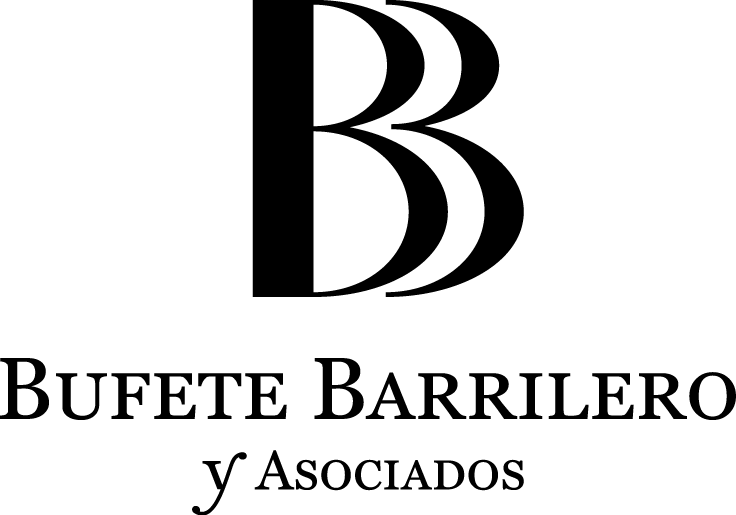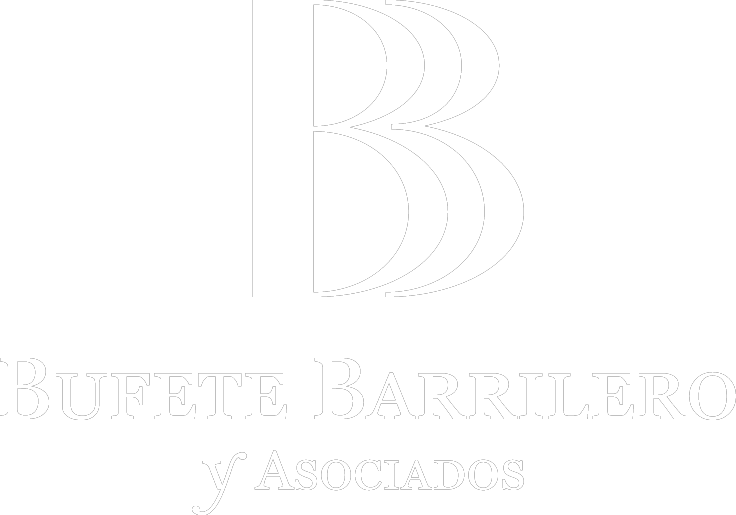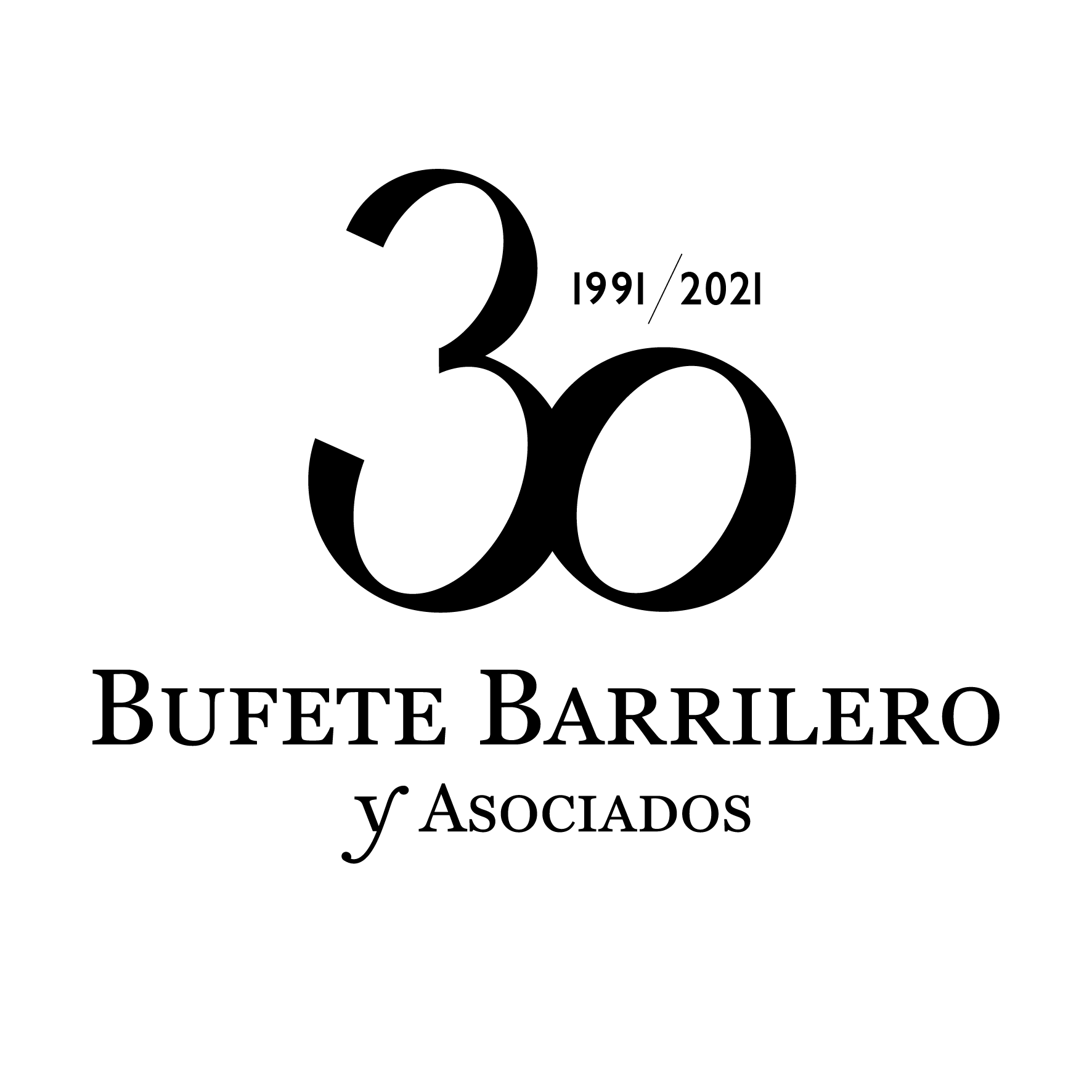INTERNATIONAL
In the Official Gazette No. 118 of May 23, 2025, the Law of May 23, 2025, No. 74 was published: Conversion into law, with amendments, of Decree-Law of March 28, 2025, No. 36, containing urgent provisions regarding citizenship.
The conversion, with modifications, of the decree-law was definitively approved by the Chamber of Deputies on May 20.
The current regulations on citizenship are governed by Law No. 91 of 1992, which is primarily based on the principle of ius sanguinis (citizenship by descent). The new decree does not change this fundamental principle but, as stated in the explanatory report of the conversion bill (AS 1432), it aims to balance it by requiring real and current ties to the national community.
Citizenship for People Born Abroad
Article 1, paragraph 1 states that people born abroad who hold another citizenship do not automatically acquire Italian citizenship.
This restriction also applies to those born abroad before the rule came into force.
However, the previous rules still apply in the following exceptions:
- If citizenship status was already recognized, or if the person received an appointment to submit their application by March 27, 2025;
- If citizenship was legally established through a court proceeding filed by March 27, 2025;
- If one of the parents or grandparents had only Italian citizenship;
- If a parent or adoptive parent legally and continuously resided in Italy for at least two years after acquiring Italian citizenship and before the child’s birth or adoption.
Citizenship Acquisition by Foreign or Stateless Minors
Article 1, paragraphs 1-bis and 1-ter introduces new cases of citizenship acquisition “by benefit of law” (not by birth).
A foreign or stateless minor, descended from Italian citizens by birth, becomes an Italian citizen if the parents or guardian declare their intent to acquire citizenship.
Additionally:
- The minor must legally and continuously reside in Italy for at least two years after the declaration; or
- The declaration must be made within one year of birth or recognition/adoption by an Italian citizen.
If the minor, now an Italian citizen, also holds another citizenship, they may renounce Italian citizenship upon reaching adulthood.
Paragraph 1-quater adds that a minor child of a person who acquires Italian citizenship can also acquire it, only if they have resided legally in Italy for at least two continuous years on the date the parent acquired citizenship (or since birth, if the child is under two).
Disputes Regarding Citizenship Recognition
Article 1, paragraph 2 states that in citizenship recognition disputes, oaths and witness testimony are not accepted as evidence, except in cases explicitly provided by law.
The burden of proof to demonstrate the absence of reasons for denial or loss of citizenship falls on the person seeking recognition.
Foreign Descendants of Italians & Entry for Employment
Article 1-bis, paragraph 1 allows a foreign national residing abroad, who is a descendant of an Italian citizen and a citizen of a country with historic Italian emigration, to enter and stay in Italy for employment outside the maximum quotas of the immigration flow decree.
A separate ministerial decree will define the qualifying countries.
Granting Citizenship to Foreign Descendants of Italians
Article 1-bis, paragraph 2 reduces the required period of legal residence in Italy from three to two years for granting citizenship to a foreigner whose parent or grandparent is or was an Italian citizen by birth.
Reacquisition of Citizenship by Former Citizens
Article 1-ter allows individuals who were born in Italy or lived there for at least two consecutive years, and lost citizenship under specific provisions of Law No. 555 of 1912, to reacquire it by submitting a declaration between July 1, 2025, and December 31, 2027.


